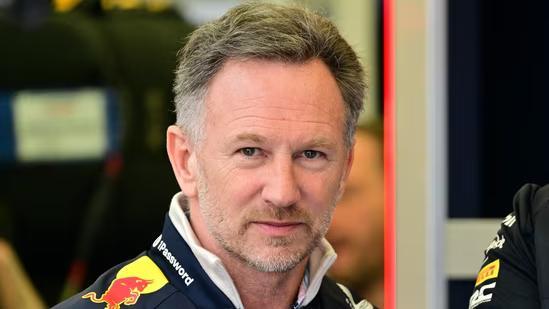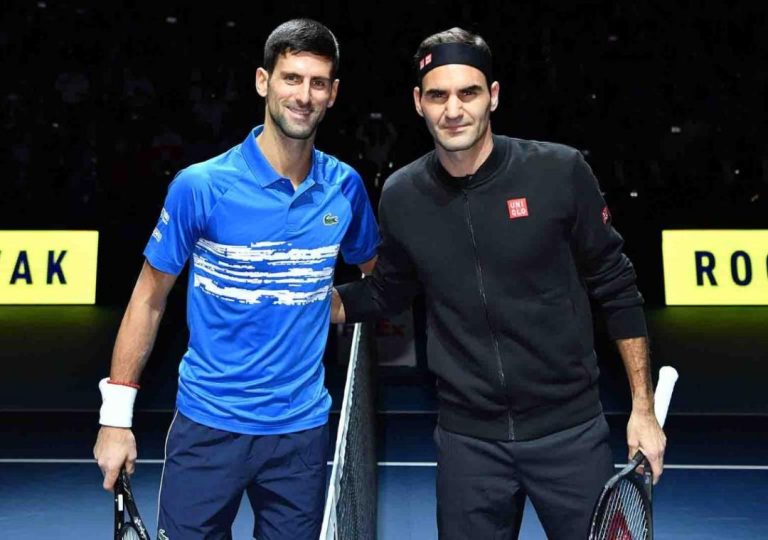
Why did Red Bull sack F1’s longest-serving team principal Christian Horner mid-season?
In a shocking turn of events, Red Bull Racing announced the sacking of Christian Horner as their team principal mid-season, bringing an end to his 15-year tenure at the top of the Formula 1 (F1) team. The decision came amidst controversy and speculation, with several factors contributing to his departure. From dropping Sergio Perez months after contract extension to moving Liam Lawson to Racing Bulls after just two races, Horner’s decisions had drawn widespread criticism. Additionally, allegations of misconduct by a female colleague and a public rift with Max Verstappen’s father, Jos, may have played a role in his exit.
The news of Horner’s sacking was met with surprise, given his long-standing tenure and achievements with the team. Under his leadership, Red Bull won four consecutive constructors’ championships from 2010 to 2013 and secured multiple world championships for drivers Sebastian Vettel and Max Verstappen. However, his departure was reportedly amicable, with Horner himself acknowledging the decision was made with mutual respect.
So, what led to Red Bull’s decision to part ways with their longest-serving team principal mid-season? In an exclusive interview with Hindustan Times, Horner provided insight into his departure, citing the intense scrutiny and pressure that comes with being the team principal of a top-tier F1 team.
“I think the job of a team principal is a very challenging one, and it’s a very high-pressure role. There are a lot of people who have an opinion, and sometimes those opinions can be very vocal. I think that’s something that’s been a challenge for me over the years, but I’ve always tried to do my best and make the right decisions for the team,” Horner said.
It’s clear that Horner’s decisions in recent months had sparked controversy, leading to widespread speculation about his future with the team. The decision to drop Sergio Perez, who had signed a multi-year contract extension with the team, was met with outrage from fans and pundits alike. Perez had been a loyal servant to Red Bull, and his sudden demotion raised questions about the team’s commitment to their drivers.
Adding to the drama was the sudden promotion of Liam Lawson to Racing Bulls, a move that raised eyebrows given Lawson’s limited F1 experience. Lawson had been performing well in F2, but many felt that he was not yet ready for the demands of F1. The decision to promote him ahead of more experienced drivers like Alex Albon and Pierre Gasly left fans feeling bewildered.
Horner’s personal life also became a subject of scrutiny, with allegations of misconduct by a female colleague emerging in the media. While Horner has denied any wrongdoing, the allegations undoubtedly contributed to the pressure and scrutiny he faced as team principal.
The public rift with Max Verstappen’s father, Jos, was another factor that may have played a role in Horner’s departure. The two had been at odds over the team’s handling of Verstappen’s career, with Jos publicly criticizing the team’s decision to promote Lawson ahead of his son. The tension between Horner and Jos was palpable, and it’s likely that the team decided to part ways with Horner to avoid further distractions.
In conclusion, Christian Horner’s sacking by Red Bull mid-season was a shock to the F1 world, but it’s clear that the team had been struggling with several issues for some time. From controversy over driver decisions to personal scandals and public feuds, Horner’s tenure had become increasingly difficult. While his departure may have been a surprise, it’s likely that the team felt it was necessary to bring in fresh leadership to restore stability and focus.
As Horner himself acknowledged, the job of a team principal is a challenging one, and it’s a testament to his dedication and commitment to F1 that he was able to serve the team for so long. As Red Bull looks to the future, fans will be eagerly anticipating the arrival of their new team principal and the direction they will take the team in.
Source:






